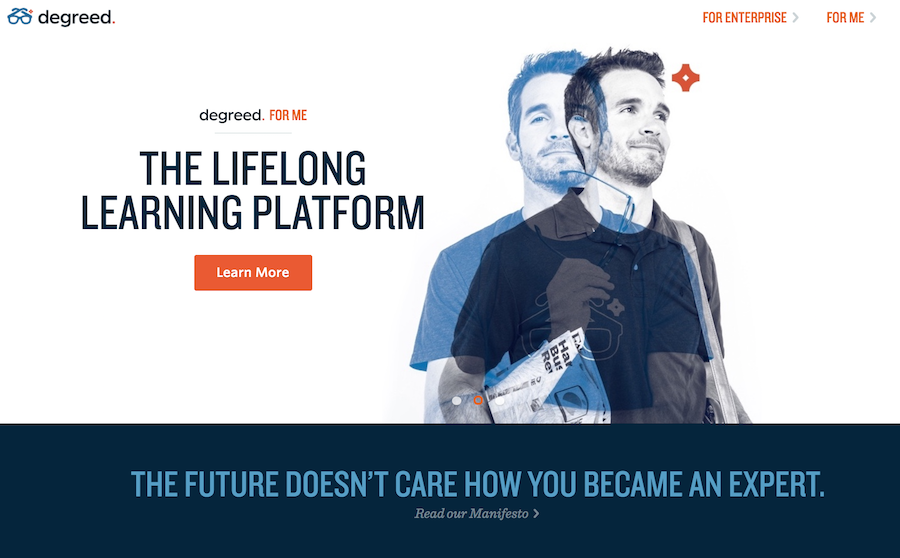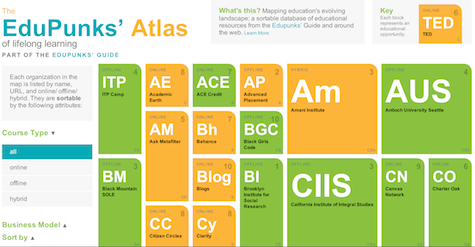I am glad to say that this posting does actually fit in with my previous two postings about the Great Ideas conference. Part of the reason I was at the conference was to attend a meeting of the professional development section council. During the council meeting, we brainstormed about topics for the next annual meeting, and open education sparked a lot of interest. I hope to see it on the schedule.
In the meantime, Yale announced Tuesday that it is joining the ranks of MIT and many other universities worldwide in making some of its most popular course content “freely available to anyone in the world with access to the Internet.” Initially this will mean seven courses from the undergraduate curriculum, but Yale promises 30 additional courses over the next several years.
I won’t go into all the details here. There is information available on the Open Yale courses site and in the press release. I first came across the news on Open Culture and later (of course) on Zaid’s blog.
One interesting and very important aspect of the whole OER movement that I will note, however, is its global focus. Certainly associations that are focused on going global should bear this in mind. Here’s what Open Yale will be doing globally:
- In India, Yale is working with the Indo-U.S. Inter-University Collaborative Initiative in Higher Education and Research’s Amrita satellite network to broadcast courses to universities throughout India.
- In China, China Education Television (CETV) has agreed to broadcast individual lectures on CETV. CETV broadcasts are viewed by millions of Chinese.
- Individual faculty members at universities around the world will use Open Yale Courses in their classrooms. Faculty at the following universities are participating: University of Bahrain, Instituto de Tecnologia de Buenos Aires — ITBA (Argentina), Fudan University (China), University of Ghana, Jimma University (Ethiopia), Tec de Monterrey (Mexico), University of Mumbai (India), Peking University (China), University of Tokyo (Japan) and Waseda University (Japan).
If going global is part of your organization’s strategy, you might consider how opening up some, or possibly even all, of your educational content under a Creative Commons approach might fit in. I know that will sound insane to some, but in the spirit of Bruce Turkel, who keynoted Great Ideas, I’d ask you to drop your bazookas and not shoot down the idea. Yale (or MIT, or Berkeley, or….) are hardly giving away the store after all. The institution’s core business and brand will almost certainly be enhanced rather than damaged by the move. Can you imagine a similar scenario for your organization?
JTC
Related Posts:
OER – Open Educational Resources
4.5 Projections for Association E-learning
OER Continued




